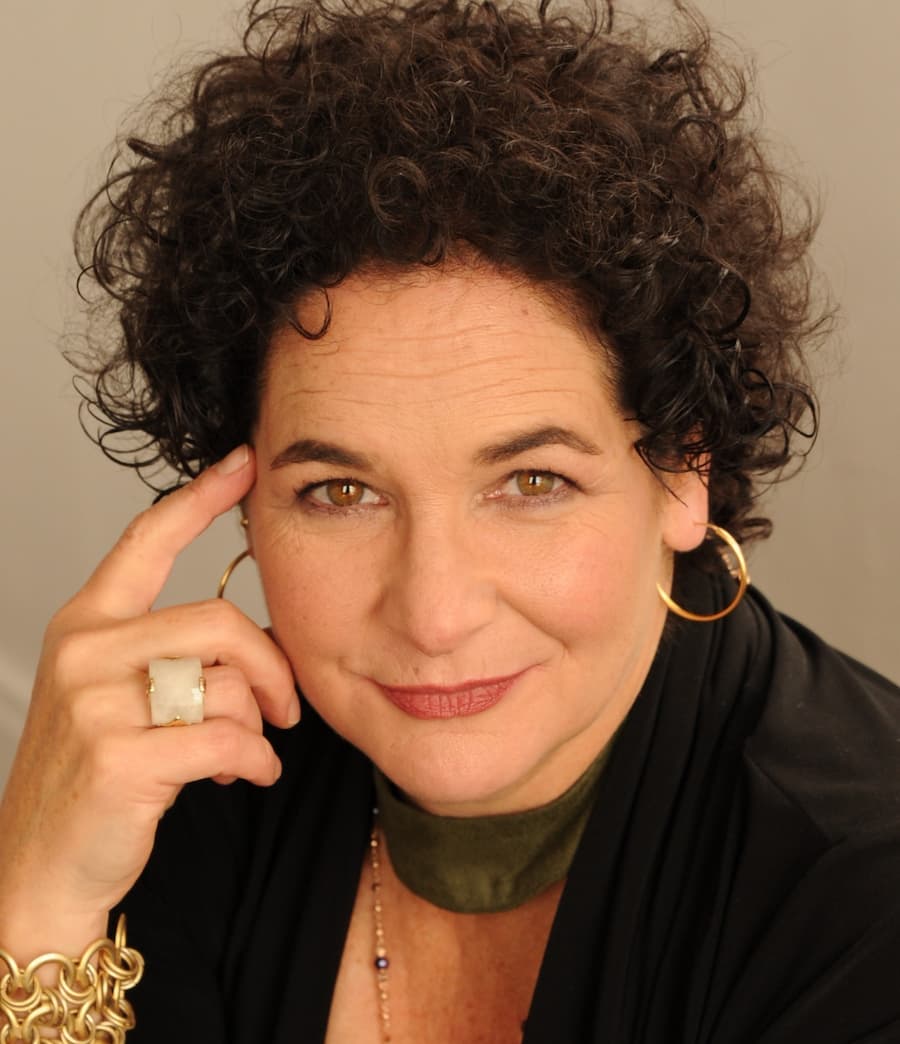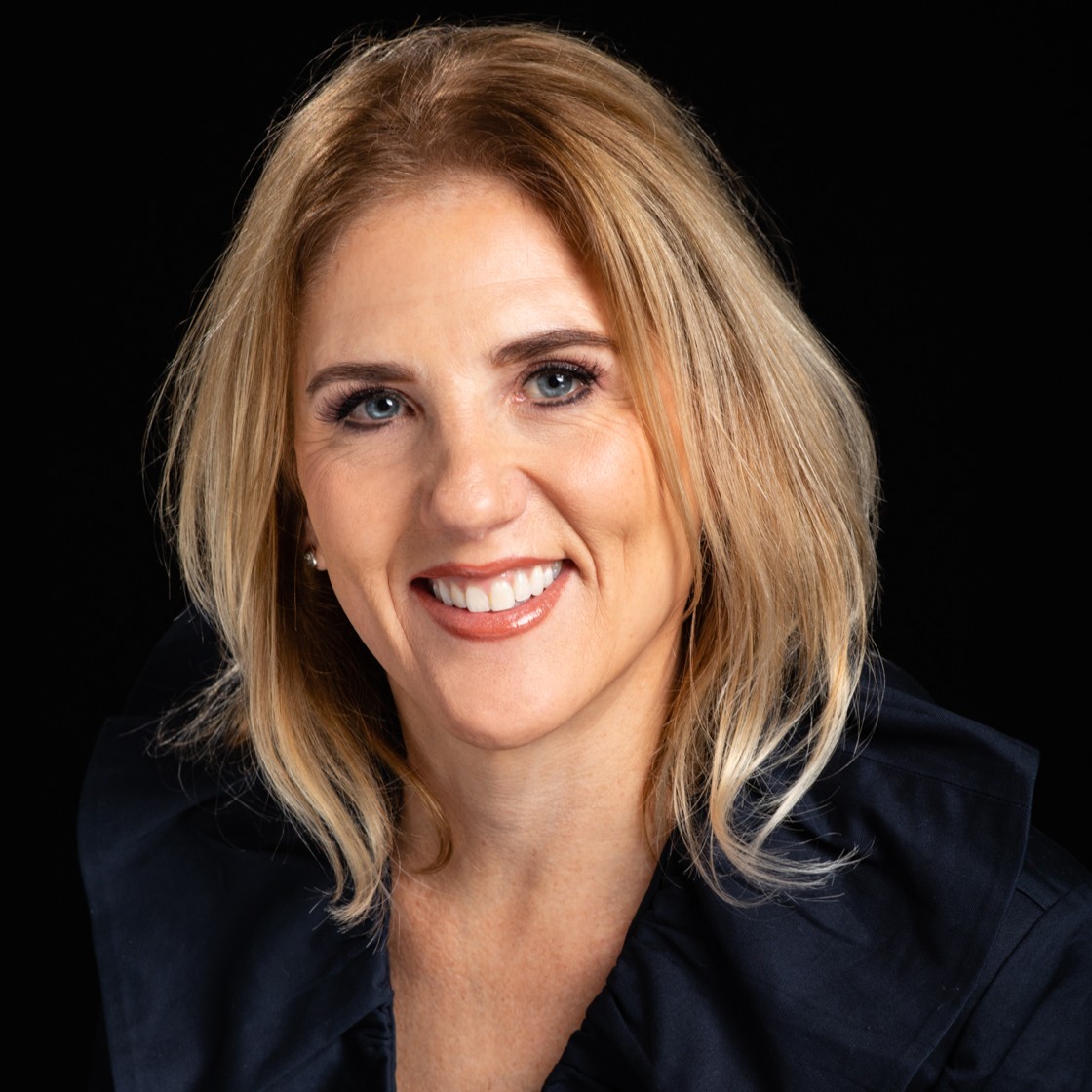The following article is from Dr Stacy Feiner and Rachel Wallis Andreasson. Dr Feiner is a founder of Feiner Enterprises, advisory and coaching services for enterprising families, principal of the Sixth Level Collaborative, and author. Rachel Wallis Andreasson is a business owner, board director, national speaker and facilitator, and principal of the Sixth Level Collaborative, and author.

Stacy Feiner

Rachel Wallis Andreasson
This is the second half of a two-part article.
This essay explores the evolving dynamics of modern marriage, particularly when the wife is the primary or sole source of wealth. Drawing on "The Sixth Level" framework, it unpacks the emotional and psychological toll outdated gender norms exert on relationships, especially among high-functioning couples.
A new code of conduct: relational
Claire and Daniel shifted out of feeling isolated and pitted against each other into a sense of coming together as one team. This one team of two people brought forth the messages and feelings coming from the outside to each other. They stopped internalizing and ignoring the micro cuts that others would make about the roles they each played in their marriage and stood confidently in the supportive roles they were comfortable with and knew would support each other and their family.
It was not about having to overcome, but rather it was the gift of being able to recreate and rewrite a new narrative. Instead of “provide” and “protect,” instead of “insecure” and “unappreciated,” Claire and Daniel used the words of The Sixth Level to redefine the four principles that would become a Relational Code of Conduct, i.e., the framework of their relationship going forward:
• Mutuality is characterized by emotional reciprocity, where both partners are connected on their shared journey and make space for each other’s personal growth paths. In this environment, both partners feel supported and empowered to pursue their individual goals while remaining invested in the marriage’s shared future.
Mutuality might sound like: What can we do better so we both feel mutually supported and rewarded by our relationship? Am I allowing the norms of society to leak into my relationship and create dissent or am I addressing those issues head-on with my partner? Is one partner on an “allowance,” rather than being a completely mutual person in the relationship? How can we address that?
• Ingenuity is the capacity to pursue personal ambitions uniquely and authentically while respecting the opportunity the marriage provides. It is about embracing individuality and the freedom to evolve in ways that are true to oneself, while also contributing to the partnership’s shared aspirations.
Ingenuity might sound like: When we work as true partners and support each other – without second guessing – how might our family grow stronger, our children feel more secure, and our individual or family challenges be resolved more easily? Are there ways I can support my partner in what celebrates their individuality? For instance, intentionally carve out time for one another’s passions in a supportive, not critical, way?
• Justness involves transcending natural hierarchies and allowing both partners to express their voices in shaping the future. In marriage, this means ensuring that decisions are made together, with mutual respect and understanding, so that both partners feel valued, heard, and responsible for shaping their future.
Justness might sound like: Who is feeling left out of the process, not heard, and how do we bring their voices into the fold? Have I made decisions in the past without consulting my partner ? How can I handle that situation differently in the future? Are the books, so to speak, open between us?
• Intrinsic Motivation emerges when both partners are motivated by something beyond obligation – when they feel empowered and fulfilled by their shared life. In marriage, intrinsic motivation arises when both partners are authentically engaged in supporting one another and the shared goals of their life together, not just out of duty or expectation.
• Intrinsic Motivation might sound like: How can we make decisions together that consider what we both need to feel good, and think beyond ourselves to improve the dynamics for the whole family? Maybe that’s something as simple as doing activities that regularly reinforce the priorities of the relationship.
The four core differentiators that make up the Relational Code of Conduct work synergistically to foster a balanced, healthy relationship where both partners thrive. In a marriage rooted in these principles, both partners align their ambitions with a shared purpose, building trust and respect while remaining true to their individual identities. Each partner’s personal growth is seen as an asset to the relationship, creating an environment where success becomes a shared experience, and mutual appreciation and love flourish.
Transcending the norms: Redefining identity and connection
Using the four principles of The Sixth Level, Claire and Daniel began to establish new guiding principles for themselves. Not only had they grown past the setback of struggling to fit into old norms, but they were also empowered to create better ones. What started as a source of continual underlying tension in their marriage had been transformed into a new freedom that promised lasting health for themselves and the next generation.
• Co-Creating a shared identity: Going forward, the couple should engage in honest dialogue about their individual roles and aspirations. This involves building a new narrative that honors both personal values and the inherited legacy. The husband can define himself in relation to his wife and their joint purpose, while the wife can redefine her identity in light of her financial contributions, distinguishing her personal ambitions from the established family dynamics.
• Strengthening the relationship through connection: Beyond the transactional aspects of wealth, the couple must invest in their emotional bond. Regular, open communication can help the husband assert his value and purpose as a man in the marriage and help the wife clarify her own identity as a woman independent of her family’s expectations. And when the inevitable comments are made in various social circles like, “What’s it like to be rolling in your wife’s money,” or “You don’t even need to show up to work,” the couple can get on brand with, “We don’t roll that way,“ or “Your imagination is failing you.” That kind of messaging not only demonstrates mutuality to each partner, but also to the outside world.
• Navigating the larger system together: The couple should find ways to remain connected to the extended family and broader social system while also carving out a unique space that is exclusively theirs. This might involve participating in family affairs on their own terms or establishing new traditions that reflect their shared vision.
• Redefining success and contribution: The husband can redefine what it means to him to contribute – emphasizing qualities beyond financial provision – while the wife can challenge traditional dynamics by celebrating achievements not solely based on earned or inherited wealth. In other words, if money was no longer part of the equation, how would they define success and contribution? Answering that question can help them create a definition that feels more “We” than “Me,” or even “The World.” Together, they set a standard where mutual respect and personal fulfillment are prioritized over societal expectations.
Prognosis: A marriage built on the ethic of care
“The challenges of being a husband married to a wife as the main financial provider or breadwinner are real, but they do not have to be destructive,” offered Bonnie Spears-McGrath, Tiger 21 Chair, an UHNW peer advisory network. She has seen firsthand that when invisible norms are surfaced and structural expectations are actively disrupted, couples can create a foundation of trust and respect instead of retreating to silent resentment.
By acknowledging and proactively managing these dynamics, husbands who marry into wealth or who marry women who are the main breadwinners can carve out roles that are both fulfilling and authentic, allowing them to contribute meaningfully to the family and society. Even more importantly, they can build a partnership rooted in shared goals, mutual respect, and the freedom – an Ethic of Care – to pursue personal and collective success on their own terms.
Conclusion: Transcending old scripts, shaping new futures
By recognizing the hidden dynamics wealth introduces – and addressing them through the lens of mutual emotional health and shared purpose – couples can evolve beyond performative norms. Their example of shucking the old standards, or laughing off the judgment from the outside world, can serve as a role model in their family and community and help crush outdated societal norms. The Sixth Level offers a practical and emotional roadmap for doing just that: fostering a marriage where each partner is free to grow, contribute, and lead with integrity.
In this new paradigm, worth is not dictated by the percentage each contributed to the bank account – but by the courage, care, and character each partner brings to the relationship. The eye is always on the bigger prize – the relationship as a whole – rather than the bank balance. When both partners are willing to examine and dismantle old assumptions, wealth no longer distorts love – it deepens it.
The greatest value of wealth is its potential to strengthen family health and wellbeing – not by colluding with unsustainable norms, but by supporting a Relational Code of Conduct that fosters emotionally fulfilling relationships enriched, not distorted, by wealth.
References:
-- Andreasson Wallis, R Feiner, S, Harris, J, Overbeke, K . The Sixth Level: Capitalize On the Power of Women’s Psychology for Sustainable Leadership.
-- Edward-Pitts, C . Engaged Healthy, Wealthy, & Wise. Advantage Media Group, Forbes Books.
-- Feiner, S, Wolkowitz, R . High Performing Family Offices: Thinking About ‘Me’ as much as ‘We.’ Family Wealth Report. UK.
-- Gilmore, D D . Manhood in the Making: Cultural Concepts of Masculinity. Yale University Press.
-- Keffeler, K . HNW Family Wealth Dynamics, Who is Really in Charge. Family Wealth Report. UK
-- Kimmel, M . Guyland: The Perilous World Where Boys Become Men. Harper.
-- Pew Research Center, https://pewrsr.ch/3Af1q1n
-- Speer-McGrath, B Tiger 21 Chair. Special Thanks for Advising.
